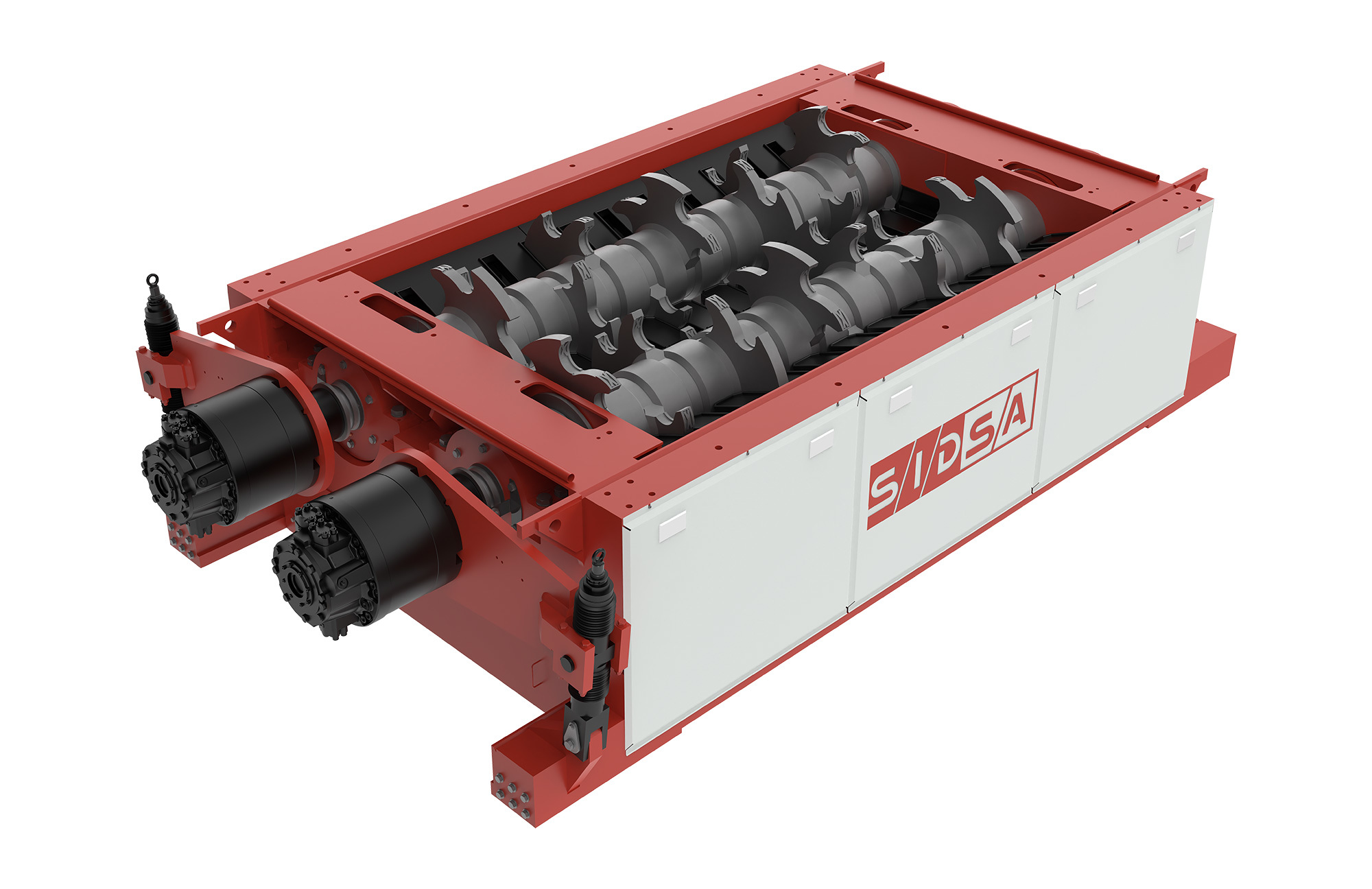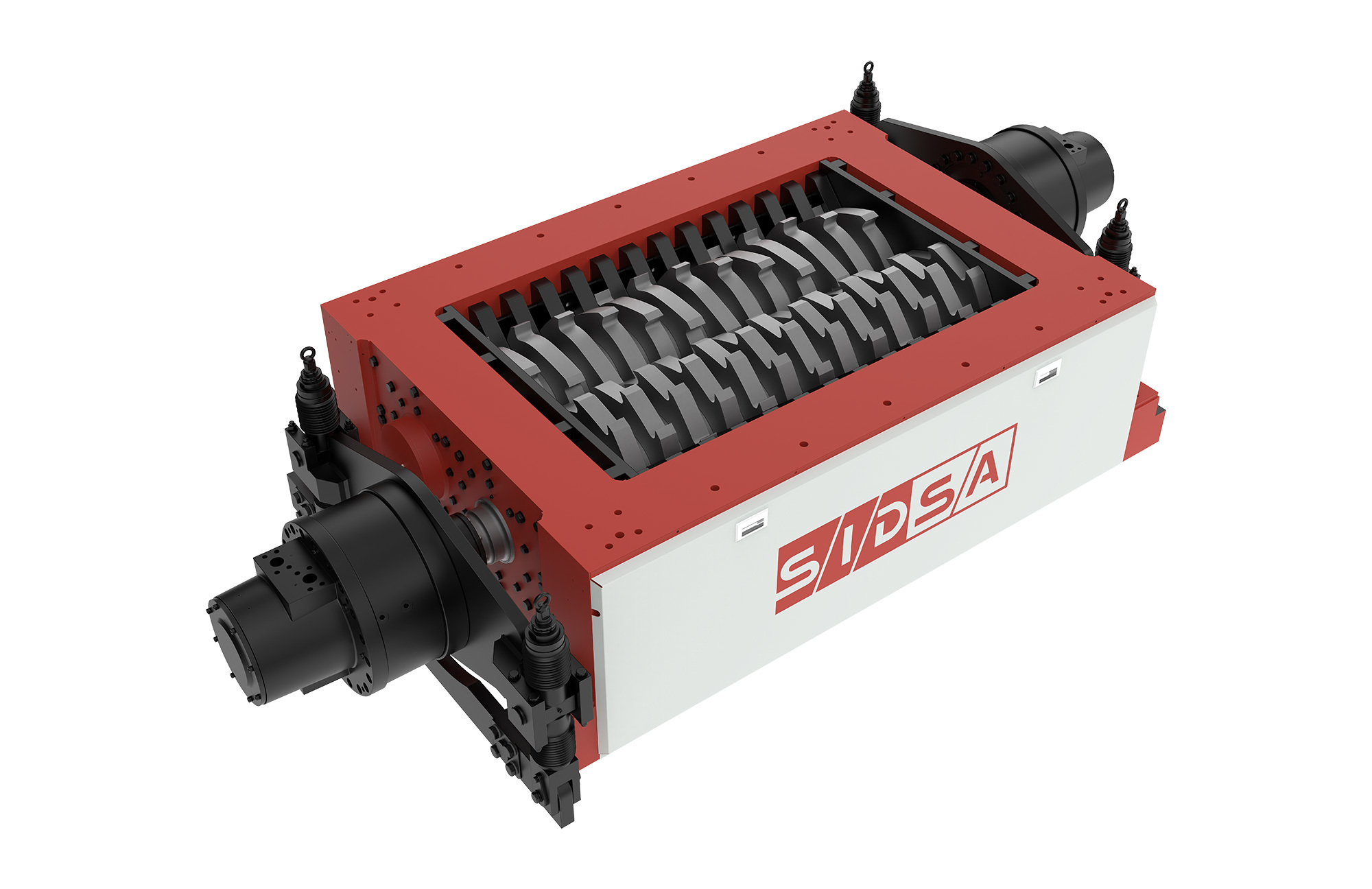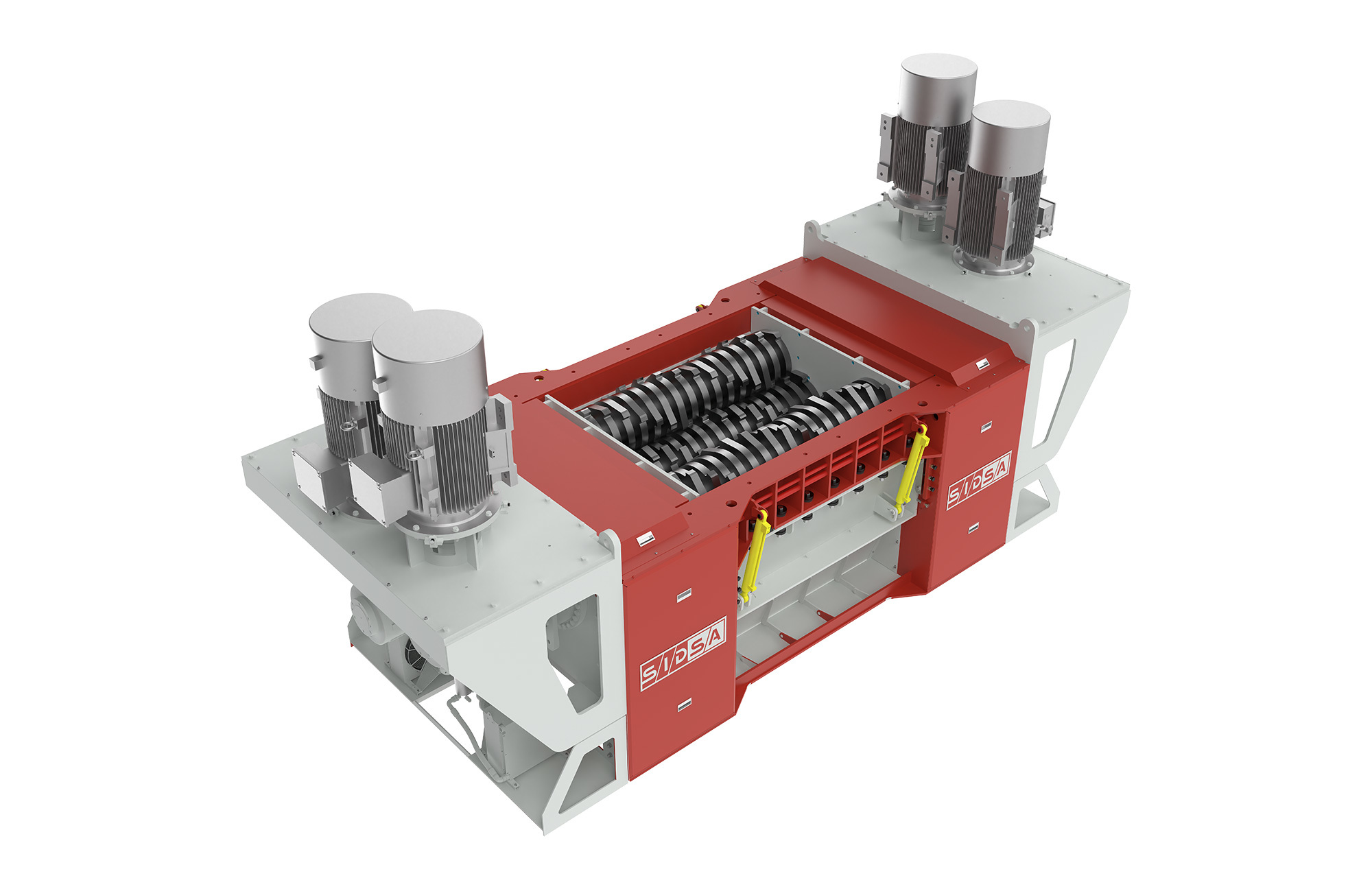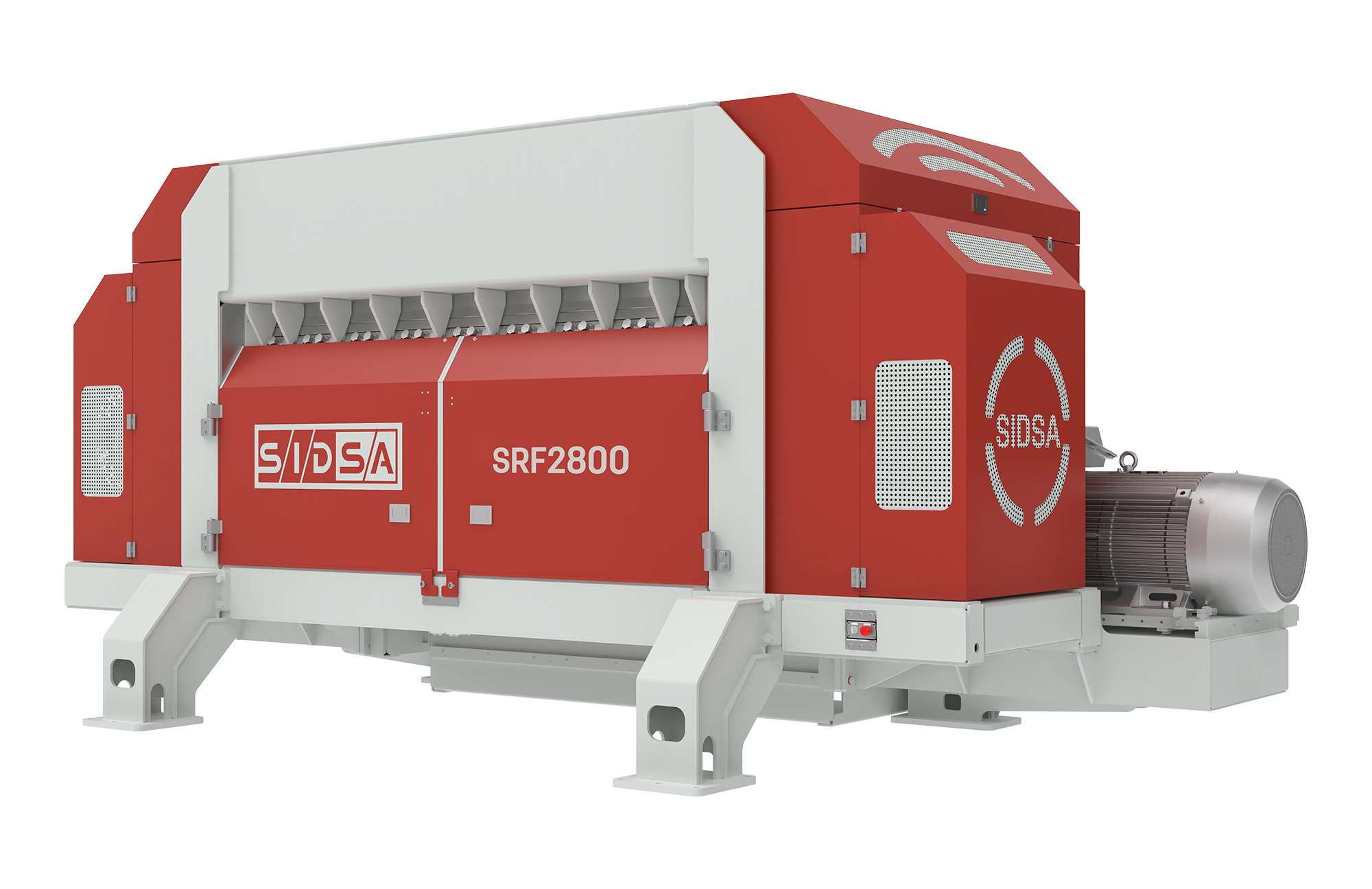Revolutionizing Waste Management: The Role of Landfill Waste Shredders
Release Time:
May 21,2025
In the ever-evolving landscape of waste management, the introduction of landfill waste shredders represents a significant advancement. These machines play a crucial role in the processing of waste materials, making it easier to manage and recycle waste effectively. By breaking down large volumes of garbage into smaller, manageable pieces, landfill waste shredders facilitate more efficient transportation and processing of waste, ultimately contributing to more sustainable waste management practices.
Landfill waste shredders are designed to handle a variety of materials, including plastics, organic waste, and even construction debris. Their primary function is to reduce the size of waste materials, which can help in several ways. First, smaller waste pieces occupy less space, making it easier to transport and store them. This efficiency is particularly important in landfills, where space is often at a premium. Moreover, a reduction in size can lead to enhanced sorting capabilities, allowing for the effective separation of recyclable materials from the waste stream.
One of the significant benefits of using landfill waste shredders is their contribution to the recycling process. By shredding waste materials, these machines help to liberate recyclable components, such as metals, paper, and certain plastics, which can then be diverted from landfills and sent to recycling facilities. This not only conserves natural resources but also reduces the overall environmental impact associated with waste disposal. As recycling rates increase, the demand for raw materials decreases, promoting a circular economy.
Additionally, landfill waste shredders can assist in reducing greenhouse gas emissions. When organic waste decomposes in landfills, it produces methane, a potent greenhouse gas. By shredding organic materials and facilitating their treatment through composting or anaerobic digestion, we can significantly diminish methane emissions. This process not only mitigates climate change but also transforms waste into valuable resources, such as compost or biogas.
Moreover, the operational reliability and efficiency of landfill waste shredders are enhanced through technological advancements. Modern shredders are often equipped with smart controls and monitoring systems that optimize performance and reduce downtime. This leads to increased productivity and lower operational costs for waste management facilities.
In conclusion, landfill waste shredders are an indispensable component of modern waste management systems. They not only make waste processing more efficient but also contribute to environmental sustainability by promoting recycling and reducing harmful emissions. As the world continues to grapple with waste disposal challenges, the role of these machines will become increasingly vital in fostering a cleaner, more sustainable future. By integrating landfill waste shredders into waste management practices, we can make significant strides towards better environmental stewardship.
Landfill waste shredders are designed to handle a variety of materials, including plastics, organic waste, and even construction debris. Their primary function is to reduce the size of waste materials, which can help in several ways. First, smaller waste pieces occupy less space, making it easier to transport and store them. This efficiency is particularly important in landfills, where space is often at a premium. Moreover, a reduction in size can lead to enhanced sorting capabilities, allowing for the effective separation of recyclable materials from the waste stream.
One of the significant benefits of using landfill waste shredders is their contribution to the recycling process. By shredding waste materials, these machines help to liberate recyclable components, such as metals, paper, and certain plastics, which can then be diverted from landfills and sent to recycling facilities. This not only conserves natural resources but also reduces the overall environmental impact associated with waste disposal. As recycling rates increase, the demand for raw materials decreases, promoting a circular economy.
Additionally, landfill waste shredders can assist in reducing greenhouse gas emissions. When organic waste decomposes in landfills, it produces methane, a potent greenhouse gas. By shredding organic materials and facilitating their treatment through composting or anaerobic digestion, we can significantly diminish methane emissions. This process not only mitigates climate change but also transforms waste into valuable resources, such as compost or biogas.
Moreover, the operational reliability and efficiency of landfill waste shredders are enhanced through technological advancements. Modern shredders are often equipped with smart controls and monitoring systems that optimize performance and reduce downtime. This leads to increased productivity and lower operational costs for waste management facilities.
In conclusion, landfill waste shredders are an indispensable component of modern waste management systems. They not only make waste processing more efficient but also contribute to environmental sustainability by promoting recycling and reducing harmful emissions. As the world continues to grapple with waste disposal challenges, the role of these machines will become increasingly vital in fostering a cleaner, more sustainable future. By integrating landfill waste shredders into waste management practices, we can make significant strides towards better environmental stewardship.
What Else Might You Learn?
SIDSA focuses on technological research and innovation in the field of waste pretreatment
Product
SIDSA focuses on technological research and innovation in the field of waste pretreatment














